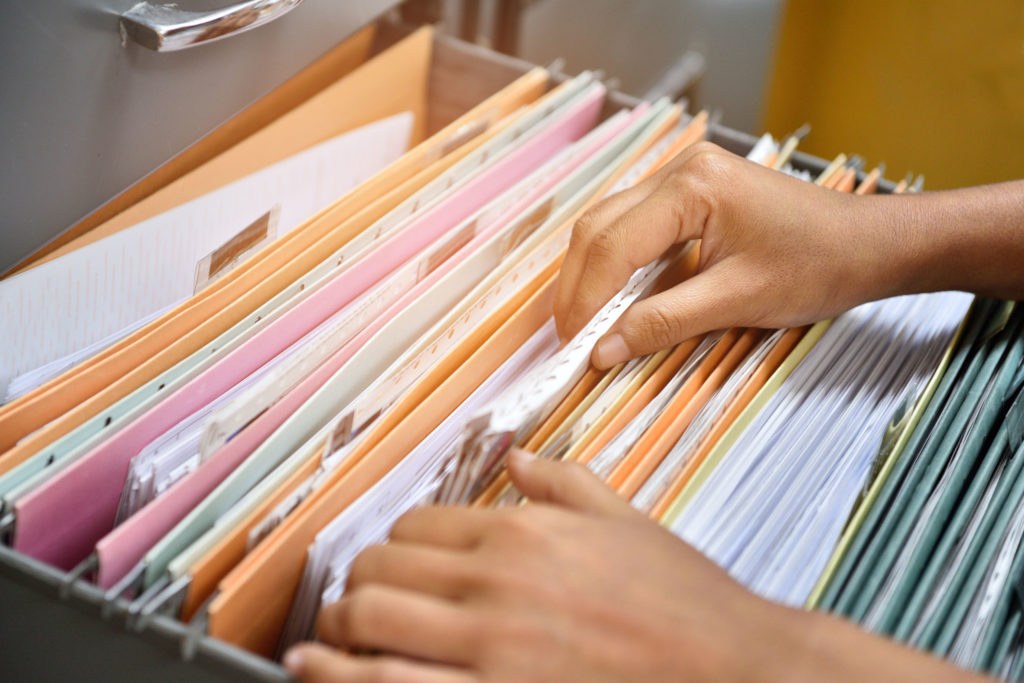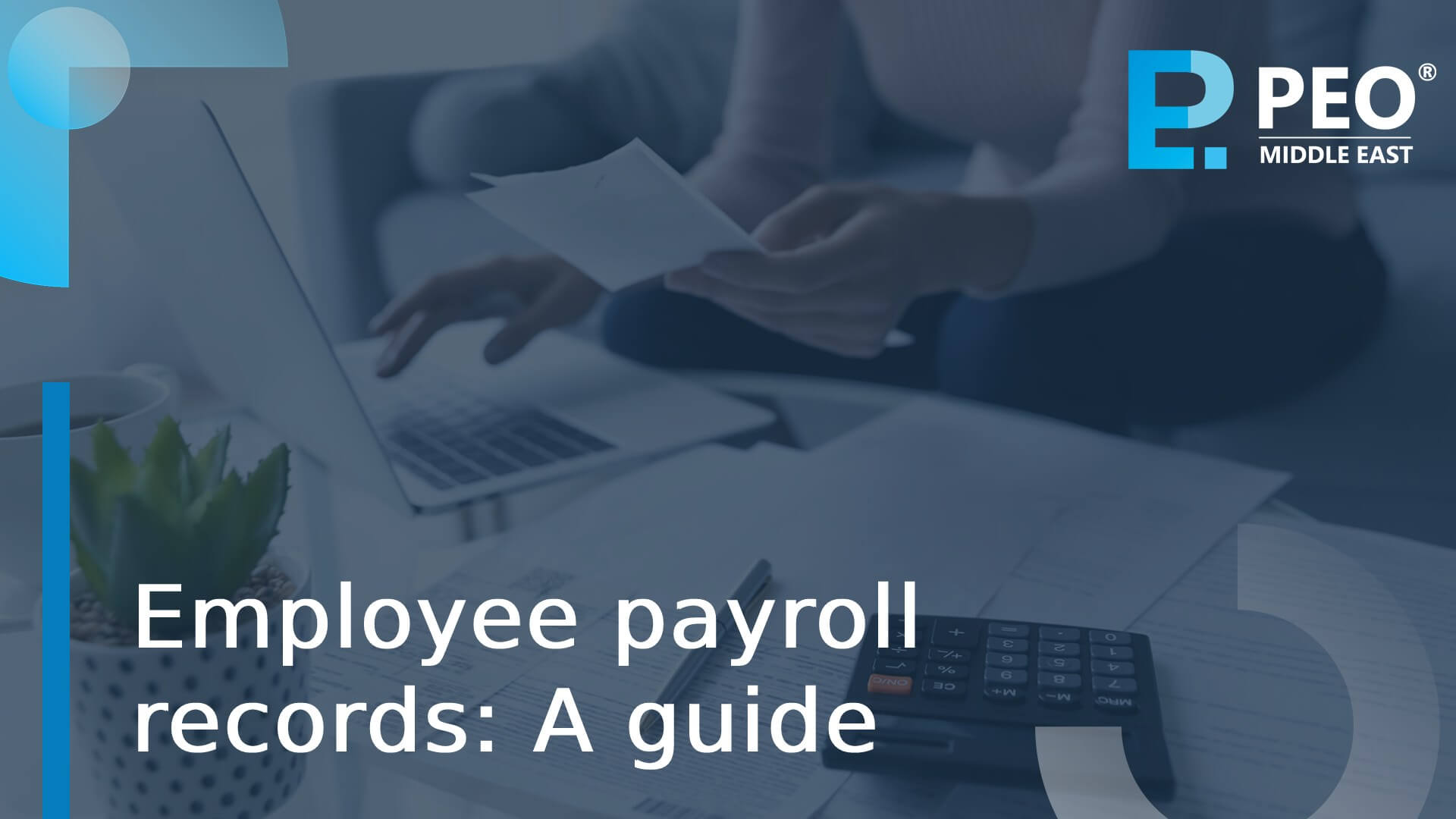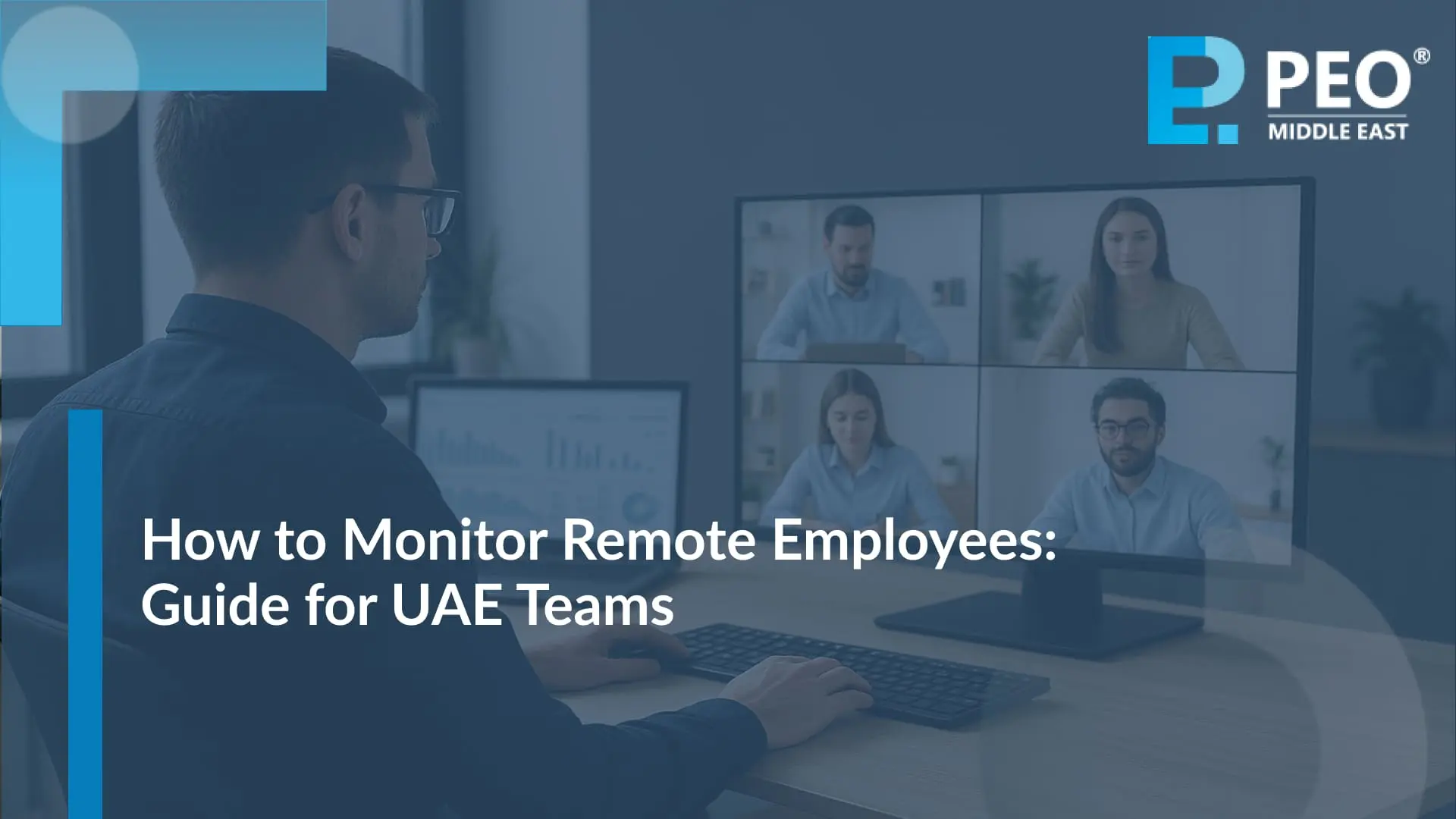Employee payroll records are an essential part of the finances of any business, because of the information they contain.These are importantto learn how your money is being spent on the workforce, even helping you create budgets. Also, as they contain important information, you must protect them from any data theft attempts.
In this article, you will learn more about the payroll records that your company must keep. In the same way, you need to know why it is important to store them, the advantages it offers, and how to discard them when you do not need to keep them. You can see all this and more below:
- What are employee payroll records?
- What are the mandatory documents to keep for this?
- Why should you keep these records?
- Are there advantages and disadvantages to keeping payroll records?
- Where can you store these records?
- What must you do after you meet the time required to keep these records?
- How can we help you with the employee payroll records of your company?
1. What are employee payroll records?

Employee payroll records are all those documents related to the payment of employees of a company. In this regard, an employer must maintain records and documentation for each of its employees. For example, these records are related to some of the following items:
- Benefits and deductions.
- Hours worked by employees.
- Permissions and licenses.
- Gross salary.
- Rates of payment, among others.
Furthermore, keeping these records allows you to easily access any data you need in any situation. In this way, you will have everything organized in one place, which is useful when you need any data. Likewise, keeping these records helps you comply with UAE regulations.
That is why you must comply with the laws concerning employee records in the UAE. For this, it is necessary to keep wage records neatly, for all employees of your business. In addition, maintaining payroll records also helps ensure that processing records of your employees are secure.
However, payroll records often contain sensitive information such as addresses, security numbers, etc. Therefore, you must separate these from other work information and set limits on access to them. Additionally, you must order each file individually for each employee.
2. What are the mandatory documents to keep for this?
Employee payroll records must contain a series of specific documents, involving exact data. The documents that you will commonly need to maintain these records are the following:
2.1 Employee personal data
In this case, it must contain their full name, telephone numbers, address room numbers, email addresses, date of birth, and contact information. Plus, occupancy, direct deposit information, and emergency contact numbers.
2.2 Labor data
This section of the record includes proof of employment, previous employment eligibility data, and time status if full or part-time. Likewise, the background check, signed references from the company, In addition to information and evaluations of culmination.
2.3 Work Time Sheets
This has to do with regular hours, overtime and hours worked per day. In addition to the above, you must also include the workweek and pay period
2.4 Payment relation data
At this point, it is about the start and end dates of the workweek, total hours worked, and the payment arrangement. This can be, for example, hourly, salary, commission, etc.
2.5 Payment receipts
Other data included in employee payroll records are pay stubs. These must contain the date of payment, as well as the salary of the employees in that period. In addition, it contains such important information as refunds, benefits, deductions, and taxes on payments.
2.5 Data on salary deduction
Refers to benefit deductions, union dues, wage garnishment orders, and deferred compensation inquiries.
2.6 Acknowledgments of paid and unpaid licenses
In this case, it includes what is related to the paid time off, vacation pay, and those associated therewith. Also, the registration of other leaves, such as paid sick leave programs, or maternity leave, among others.
2.7 Financial data
Other documents and information that you must include in your employee payroll records are financial data. Examples of this are account numbers and routing numbers, as well as the names of financial institutions.
2.8 Refund Reports
In this case, it must contain business travel expense reports, and office supplies, among others.
3. Why should you keep these records?
The primary reason for keeping employee payroll records is a legal requirement. To do this, you must maintain your payroll files for each of your employees and thus comply with laws and regulations. Likewise, several aspects make it important to create and store these records:
3.1 It is important for business purposes
Payroll records allow your business to track business expenses. Equally, they provide evidence to support payroll calculations and documentation of the backgrounds of the workers.
3.2 Serve as a reference
These logs are also very useful for reference when you intend to make rises. In addition, payroll files are an aspect essential to the registry of the employees because they offer complete data.
3.4 They facilitate the declaration of income taxes
On the other hand, keeping payroll records is beneficial when it comes to your taxes. This is because, in the event of an audit, you will need to have those files on hand to support any claims.
3.5 They facilitate compliance with laws
This is the fundamental aspect of employee payroll records, as they are required by law. Thus, a company must keep this record, not only for informational purposes but also for legal purposes. In this sense, it will comply with both local and national legislation, as they may have differences in terms of retention time.
4. Are there advantages and disadvantages to keeping payroll records?

As you may have already seen, creating and maintaining employee payroll records is a must for every business. Furthermore, there are both advantages and disadvantages to storing these records. Among these are:
4.1 Advantages of storing employee payroll records
- One of the important aspects is that the system allows simple calculations, allowing the payroll sufficing process to be clear.
- You will be able to make the exact salary payment to each employee, avoiding errors and, therefore, claims.
- Automating the process also reduces other errors and allows information to flow more smoothly. In addition, you can trust the collected data and reuse it without difficulties.
- Another advantage is that you will have an appropriate structure for deductions, which can be automated to easily calculate wages.
- They are a safe backup option in case you need any information contained in these records. For example, during the legal process of storage, an employee can demand his record.
- Another important point is that the employee can trust that his employer has his information organized. This means that if any deduction is in doubt, the employer has adequate evidence to prove it.
- Thanks to these records, your company will have a trail of all payments and deductions for each employee. In this way, your business will avoid any type of problem related to any data on your payroll.
- Another advantage is that, at the time of an inspection or audit, these records are proof of personnel registration. It also helps to show that your company has a good registration system and demonstrates your goodwill.
- One of the most outstanding advantages is that it is a projecting tool. The payroll of any company is where it invests most of the benefits received. As a result, this record helps your business set a budget based on it.
4.2 Disadvantages of registration
Remember that collecting and storing employee payroll records is a mandatory requirement. Therefore, you have to deal with the disadvantages that also come with collecting all the data of your employees. However, the cons of keeping these records are mostly related to poor management of them.
Among these disadvantages are:
- Your employee records contain sensitive information that may be at risk of security, theft, or alteration. However, a good data protection system eliminates all these risks.
- Another problem related to the technology used is that you can be a victim of cyber fraud, something very common. Again, this risk is lessened with a proper security system for your records.
- For the above reasons and more, you should entrust your payroll record to a trustworthy organization or individual. In the first case, the contracted organization must guarantee the security and reliability of the data. If you do it internally, the person in charge must be trustworthy enough not to have data leakage problems.
- Perhaps one drawback you may run into is the costs involved in keeping and maintaining employee payroll records. The costs of hiring a specific employee for this, acquiring software and infrastructure can be large. In this sense, outsourcing to a Professional Employment Organization is a feasible solution.
5. Where can you store these records?
Employee payroll records must be stored properly so that they are truly protected. In this case, the method you choose should ensure that they are tidy, easily accessible, and secure. There are two specific methods for storing your business payroll records:
- The traditional way of registering on paper.
- The most modern and efficient form of digital storage.
In the first of these cases, be sure to keep the physical files in a safe place, such as a filing cabinet. Of course, it is common to organize all this documentation in folders or files. Another important point in these cases is that you must have a backup of the original files in case of any inconvenience.
The second option is the one that offers more practicality in many ways, due to the variety of devices from which you can access it. There is a diversity of specialized software so you can manage your payroll from your smartphone, computer, or tablet. Also, you must create backup copies of all files to cover any eventuality.
Likewise, you should use software or a secure digital storage method to store your employee payroll records. In either case, only authorize managers to access payroll records.
6. What must you do after completing the time required to keep these records?
Legally there is an established period for a company to keep its employee payroll records. Also, after the storage time has elapsed, you must properly dispose of the respective files. Since the information in these records must be kept confidential, the method of discarding it must be appropriate.
Also, depending on the storage method you are using, you will be able to discard the chosen ones differently. In the case of the physical storage method, shred them completely and dispose of them in a safe place. Conversely, if you are storing your records digitally, permanently delete the file.
7. How can we help you with the employee payroll records of your company?
The payroll records of your company are made up of all the data related to the payment of your employees. Therefore, you must collect and store them properly, thus as not to run into trouble with the authorities or your employees. Make sure that, whatever method you use, they are stored and when you no longer have to keep them, dispose of them properly.
If you want your records to be protected and organized efficiently, you can count on our payroll service. Likewise, at PEO Middle East we offer you the best Human Resources consultancy in the UAE.
Similarly, if you need an Employer of Record for your hiring in the Middle East, relocation services, or other solutions, we have the best professionals for it.

Would you like more information regarding employee payroll records? Contact us through the email contact@peomiddleast.com through which we will answer your questions. Likewise, if you wish, you can call us at the telephone number +971 43 316 688 where you will obtain the best attention.
Do you want to work with the best team of business professionals? Send us your resume through the email address contact@thetalentpoint.com. You can also enter the thetalentpoint.com portal, do not miss this opportunity.







